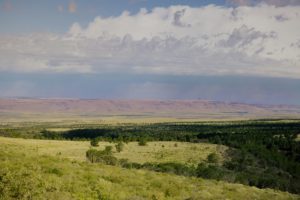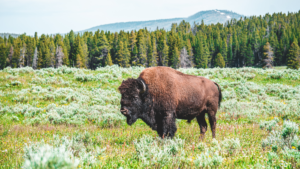For Immediate Release
September 26, 2018
Contact: Erik Molvar, Western Watersheds Project, (307) 399-7910
The House Natural Resources Committee is holding a hearing today to discuss and debate an ‘extinction package’ of bills designed to deny rare native wildlife their legally-sanctioned protections under the Endangered Species Act.
“Congress made it a legal requirement of the Endangered Species Act that listing decisions be made exclusively based on science, free of political tampering,” said Erik Molvar, Executive Director of Western Watersheds Project, a West-wide conservation group. “Today, anti-conservation elements in the House of Representatives are attempting to insert exactly the kind of political meddling that the law was designed to prevent, in order to deny our imperiled native wildlife the protections they need to recover to healthy and secure population levels.”
The Endangered Species Act is one of the nation’s most successful laws, preventing extinction for 99% of species listed to date, and Species including the bald eagle, black-footed ferret, and peregrine falcon now recovering from the brink of extinction thanks to the protections of this bedrock environmental law. Polling indicates that a vast majority of Americans support the Endangered Species Act.
“Scientists tell us that we are in the midst of the sixth extinction crisis in our planet’s history, and this one is human-caused,” said Molvar. “We have the responsibility as a civil society to rein in the excesses of environmental destruction that lie at the root of this extinction epidemic.”
The anti-conservation agenda for today’s hearing includes bills that would block the designation of Critical Habitat for aquatic species negatively affected by reservoir impoundments or irrigation projects, to punt enforcement of endangered species decisions from independent federal agencies to state agencies that often are heavily influenced by the very extractive industries that threaten rare native species with extinction, and to delay action on endangered species petitions beyond the current time limits.
“We cannot afford to allow greed and corruption to stand in the way of progress in recovering imperiled native species, and this ‘extinction package’ represents a concerted legislative attack that must be decisively defeated,” Molvar concluded.






